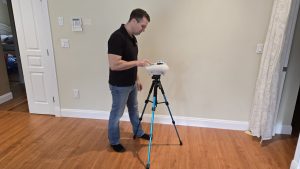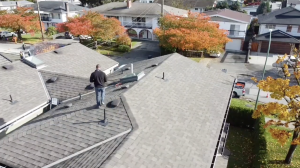
Indoor Air Quality
The Hidden Dangers in Your Air: Mold & Radon You can’t see them. You can’t smell them. But mold spores and radon gas could be silently invading your home, affecting
Home > Blog

The Hidden Dangers in Your Air: Mold & Radon You can’t see them. You can’t smell them. But mold spores and radon gas could be silently invading your home, affecting

Get Your Free Roof Inspection – Normally $249.99! The rainy season is approaching fast, and now is the perfect time to ensure your roof is in top condition. Take advantage

Unlock the Secrets to Smooth Real Estate Transactions with Our Free Guide! Are you navigating the complex world of real estate in today’s challenging market? Whether you’re a homeowner preparing

Abandoned live wires under the sink is something we see far too often. It is improper, dangerous, and a shock hazard but luckily, a very easy deficiency to repair yourself.

During our home inspections, one of the recommendation that we often have for homeowners is to install an easy to remove access cover for the water shut off. Too often,

Of all the electrical deficiencies that we find during our home inspections, missing covers on outlets are extremely common. This issue can be dangerous, and a shock hazard, but with
“Inspect Canada is located and does business on the traditional, ancestral and unceded territory of the Coast Salish peoples–Sḵwx̱wú7mesh (Squamish), Stó:lō and Səl̓ílwətaʔ/Selilwitulh (Tsleil-Waututh) and xʷməθkʷəy̓əm (Musqueam) Nations.”